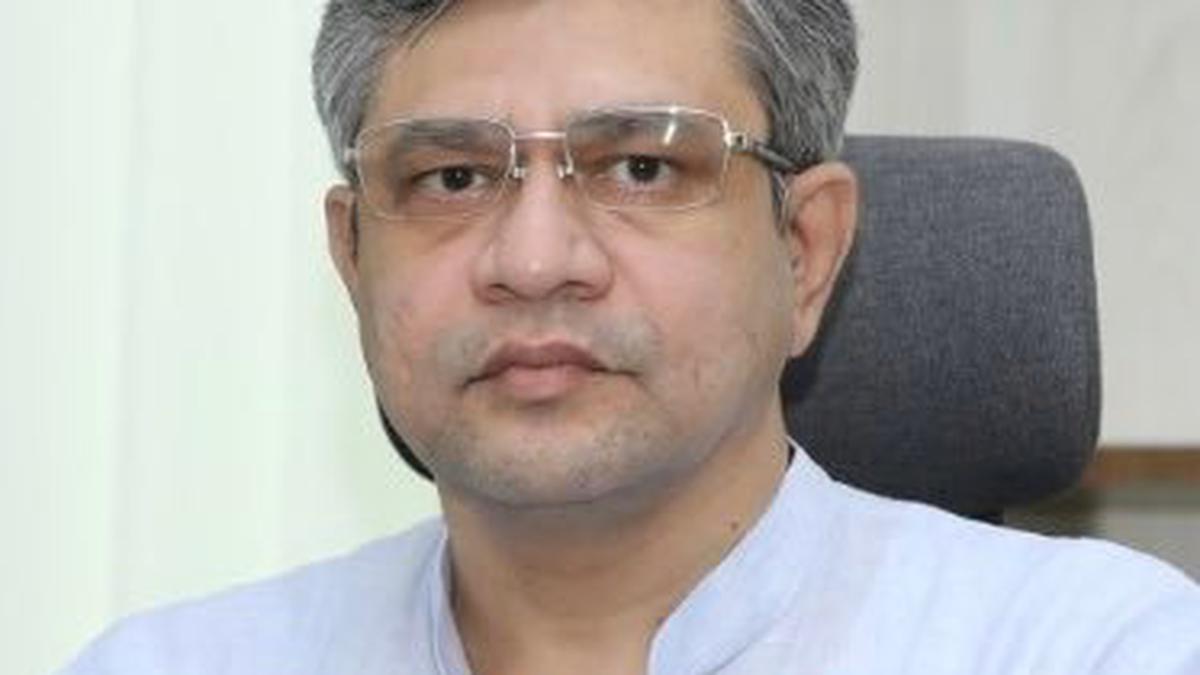The quiet but efficient engine
Ashwani Vaishnaw, the low profile Cabinet Minister for Railways, Electronics and Information Technology is the man to watch in the Modi Government. Given the high burnout rate of some of his ministerial colleagues, the bureaucrat turned parliamentarian seems to have the right approach towards his portfolio, working in an understated but efficient manner. During the media interaction to celebrate the nine-year anniversary of the Narendra Modi government, it was Vaishnaw who made the presentation of the government’s achievements, speaking extempore for the most part as he reeled off statistics and walked the media through the slide show. What charmed those present was his total lack of arrogance and the disarming way in which he whispered to his colleagues “was it okay?” at the end of the presentation. For the television media it was the more flamboyant I&B Minister Anurag Thakur who made the presentation in his usual television savvy style, with lots of snappy soundbites.
Sankat Teh Hanuman Chhudavei…
The BJP caught the Congress off guard during the Karnataka campaign when it turned its ban on Bajrang Dal into an attack against Bajrang Bali (Lord Hanuman), with party leaders ending every campaign speech with a cry of Jai Bajrang Bali. The Congress did retaliate with its own slogan, “Jai Bajrang Bali, tod doh brahshtachaar ki nali (break the root of corruption)”. But one of the first respondents was the Congress national spokesperson Pawan Khera, who was on a flight when the BJP came up with its Bajrang Bali twist. Upon landing he was asked by the media to respond to the BJP’s charge that the Congress did not believe in Bajrang Bali. He did not have to say anything but immediately reached into his top left pocket where he always carries a Hanuman Chalisa gifted to him by his late mother. That was enough to silence the naysayers. Never underestimate the power of a mother’s blessing.
Can the Opposition unite?
The Congress is taking the initiative to work on the optics of opposition

